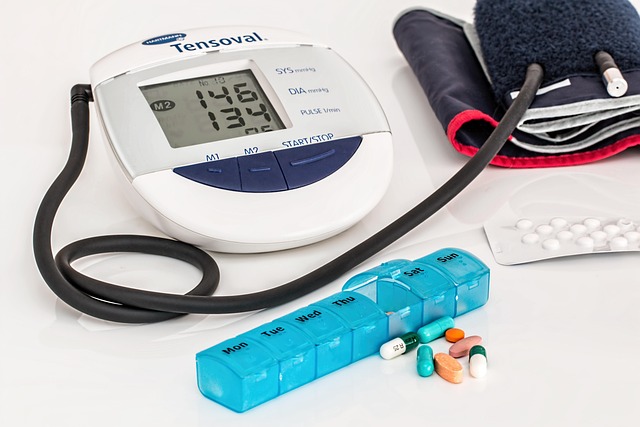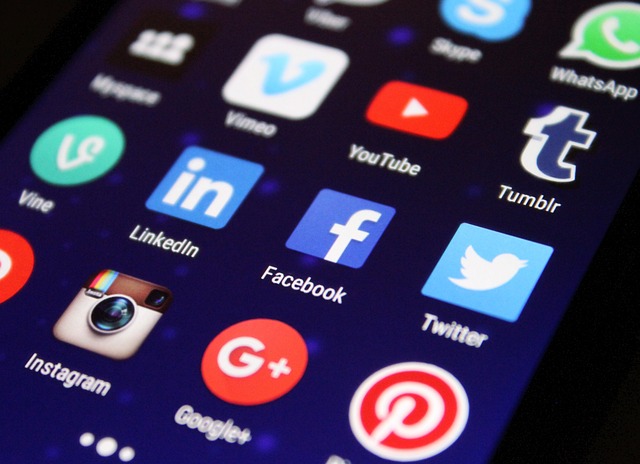Revolutionizing Health Innovations: Electronic Health Record’s Role in Artificial Intelligence
The intersection of technology and healthcare has never been more vibrant, with innovations reshaping how we manage and perceive health. One of the most significant breakthroughs in this realm is the electronic health record (EHR), a tool that has not only modernized patient documentation but has also become a cornerstone for artificial intelligence (AI) applications in healthcare. The fusion of EHRs with AI promises to revolutionize the healthcare landscape, driving efficiency, accuracy, and ultimately, better patient care.
Technological Innovations in Healthcare
The rapid pace of technological advancements has paved the way for a new era in healthcare. Gone are the days of cumbersome paper records. Instead, the adoption of electronic health records has transformed how patient data is stored, shared, and analyzed. EHRs facilitate real-time access to patient information, enabling healthcare providers to make informed decisions promptly.
These digital records are not just about storage; they harness the power of data analytics to unearth insights that were once hidden in piles of paperwork. With the integration of AI, EHRs are becoming smarter, learning from datasets to predict health trends, identify risks, and suggest personalized treatment plans. This is a game changer, particularly in preventative health care, where early detection can make all the difference.
Health Innovations Driven by AI
As we delve deeper into health innovations driven by artificial intelligence, the role of EHRs becomes even more pronounced. AI algorithms can analyze vast amounts of health data stored in these electronic systems, learning patterns that can aid in diagnostic accuracy. Imagine a world where healthcare professionals receive real-time alerts about potential health issues before they manifest, vastly improving patient outcomes.
Furthermore, AI-powered applications can sift through EHR databases to find eligible patients for clinical trials or to identify groups that may benefit from specific interventions. This not only accelerates the research and development of new therapies but also ensures that patients receive the most appropriate care based on their individual health histories.
The intelligent applications stemming from EHRs also extend to administrative functions within healthcare. Automation of routine tasks like scheduling, billing, and patient follow-ups can drastically reduce the burdens on healthcare staff, allowing them to focus more on patient care rather than paperwork. The more streamlined the processes become, the better the overall patient experience and satisfaction levels will be.
In this exciting era of health innovations, the synergy between electronic health records and artificial intelligence stands to not only enhance operational efficiency but also create a more patient-centered approach to healthcare. As these technologies continue to evolve, they embody hope for a healthcare system that is not only advanced in its offerings but also deeply attuned to the needs of its patients.




